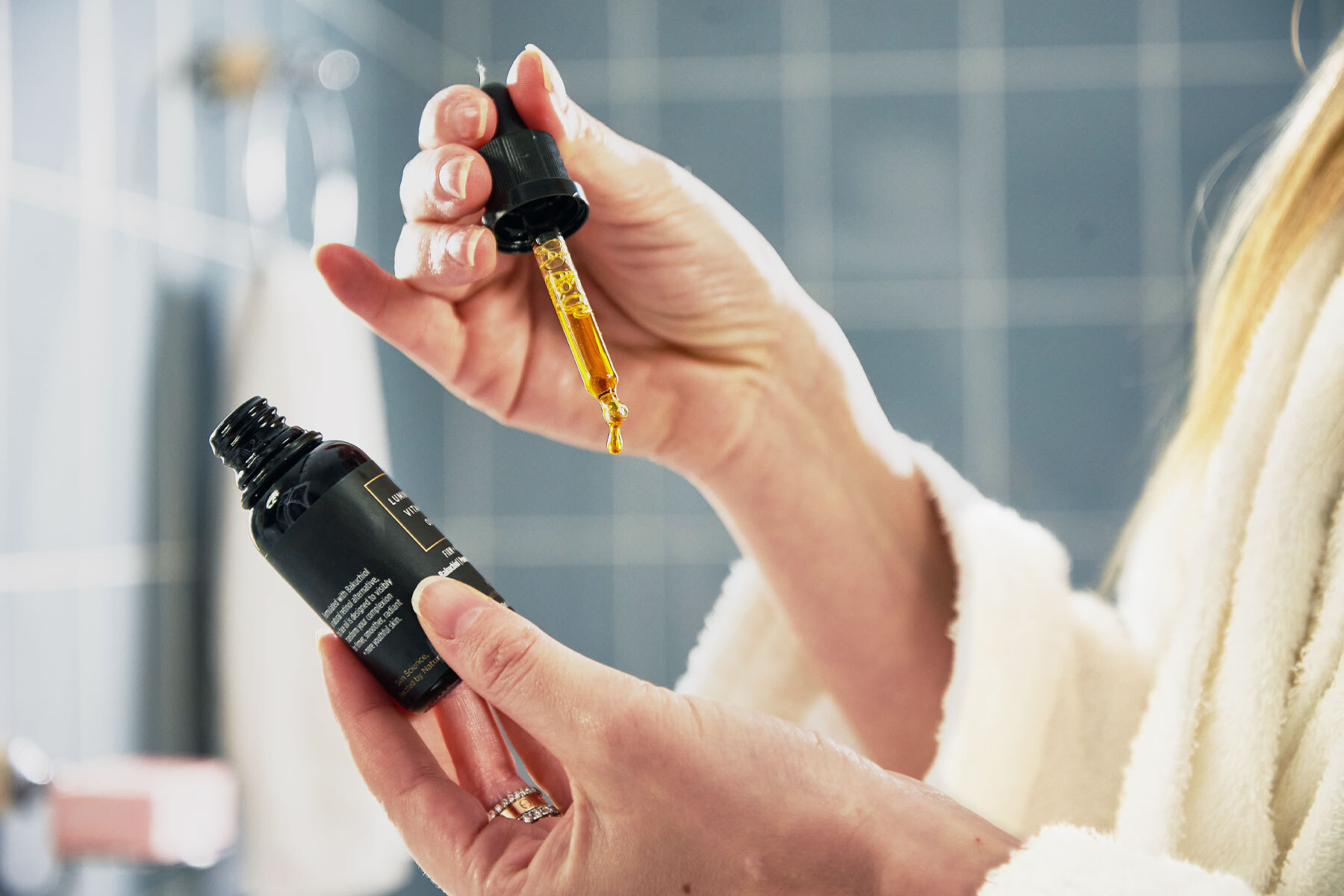Our skin, the largest organ in the body, has been shown to reflect the status of our inner health and ageing. I’m a big believer in loading your plate with foods that are rich in vitamins, carotenoids and flavonoids and a variety of other plant extracts, which contain antioxidant properties to help you maintain glowing, youthful skin. Here are some of my favourites to include and what nutrients they contain to support your complexion from the inside out.
Almonds, spinach and sunflower seeds:
Then intake of natural vitamin E helps against the damage of quality fats in the body, leading to cell damage and linked to ageing of the skin. It can protect the skin from negative effects caused by UV radiation by acting as an antioxidant.
Carrot, pumpkin, sweet potato, mango and papaya:
The above fruits and vegetables are examples of the antioxidant B-carotene, which is a pigment that gives orange fruits and vegetables their colour. Beta carotene is a photo-protector and its success in being able to prevent UV-induced redness has been demonstrated. In a study of healthy volunteers, a 12-week oral administration of beta-carotene was conducted and a result in a reduction of UV-induced redness was shown.
Capsicum, kiwi fruit, citrus fruit and tomato:
These foods are all rich sources of vitamin C, a powerful antioxidant that promotes collagen production. Vitamin C also helps to eliminate free radicals to relieve skin ageing. Its level in the is closely linked to the biological functions of the skin and is used as a positive control for skin aging tests.
Oily fish (salmon and tuna), liver and wholegrains:
Coenzyme Q10 (CoQ10) is a fat-soluble vitamin-like substance that is produced by the body and mainly stored in the fat tissues. It’s a powerful antioxidant that plays an important role in generating energy. In the skin, it’s found in the epidermis (outer layer of the skin) where it acts as the initial barrier to oxidants.
Water:
A vital component of the body that supports the balance and tissue function. A lack of water may lead to tissue dehydration, ageing and inflammation. The appearance of skin on the lips and limbs is a direct reflection of the body’s moisture status. Aiming to drink 2-2.5L of water per day may significantly affect skin physiology and promote deep skin hydration.
References:
Schagen SK, Zampeli VA, Makrantonaki E, Zouboulis CC. Discovering the link between nutrition and skin aging. Dermatoendocrinol. 2012;4(3):298-307.
Alaluf S, Heinrich U, Stahl W, Tronnier H, Wiseman S. Dietary carotenoids contribute to normal human skin color and UV photosensitivity. J Nutr. 2002 Mar;132(3):399-403.
Palma L, Marques LT, Bujan J, Rodrigues LM. Dietary water affects human skin hydration and biomechanics. Clin Cosmet Investig Dermatol. 2015;8:413-421. Published 2015 Aug 3.
Cao C, Xiao Z, Wu Y, Ge C. Diet and Skin Aging-From the Perspective of Food Nutrition. Nutrients. 2020;12(3):870. Published 2020 Mar 24.
Keen MA, Hassan I. Vitamin E in dermatology. Indian Dermatol Online J. 2016;7(4):311-315.



